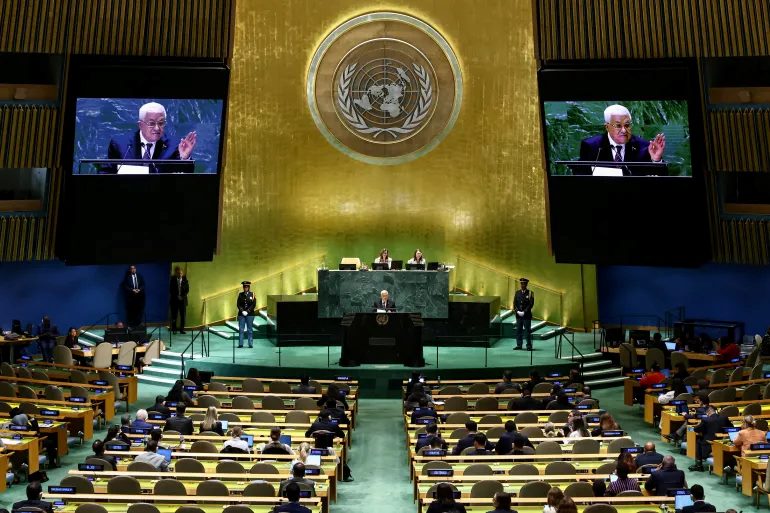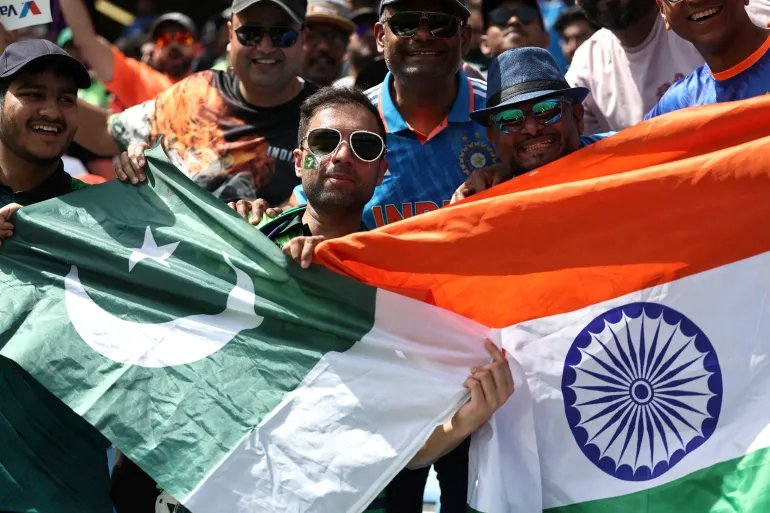US Blocks Palestinian Voices at UNGA Amid Rising Tensions

Related Articles
The US barred Palestinian officials from attending the UNGA, silencing their voice as global recognition for Palestine gains momentum.
Palestinians Excluded from UNGA
World leaders are preparing for the 80th United Nations General Assembly in New York. Palestinians, however, will not have a seat. The United States denied visas to their officials, effectively silencing them at the global forum.
US Justification and Criticism
The State Department claims the decision protects “national security.” It also accuses the Palestinian Authority (PA) of failing to reject terrorism. Critics reject that reasoning. They note that President Mahmoud Abbas has repeatedly condemned violence, including the October 7 attacks, and supported international calls for Hamas’s disarmament.
Timing Raises Questions
Several Western nations — including France, Canada, the UK, Australia, Portugal, and Malta — plan to recognize Palestine this month. Analysts believe Washington wants to block Palestinians from celebrating diplomatic momentum and highlighting Israeli actions in Gaza and the West Bank.
Double Standards in Practice
Israeli Prime Minister Benjamin Netanyahu will attend the UNGA despite an International Criminal Court warrant. US officials will welcome him, critics say. By contrast, in 2013, Washington blocked Sudan’s Omar al-Bashir from attending the UN because of a similar ICC warrant.
Attacks on Journalists Ignored
The visa denial comes shortly after Israel’s strike on Gaza’s Naser Hospital killed 22 people, including five journalists. More than 240 Palestinian journalists have died since the war began. The US has not condemned these attacks. The 2022 killing of Al Jazeera reporter Shireen Abu Aqleh also remains unresolved.
Reactions and Concerns
Matt Duss of the Center for International Policy said the move reflects long-standing US policy: “We’ll punish you for violence, but we’ll also punish you for non-violence.”
Observers warn that blocking Palestinians weakens the UN’s credibility as a forum for equal representation. If Washington can silence one nation, then global fairness at the UN is at risk.
The Bigger Picture
Palestinians may need to explore new strategies to keep their voice alive. Virtual speeches, joint statements with allies, or civil society delegations could bypass US restrictions. History shows that silencing a people does not erase them — it strengthens their struggle.









